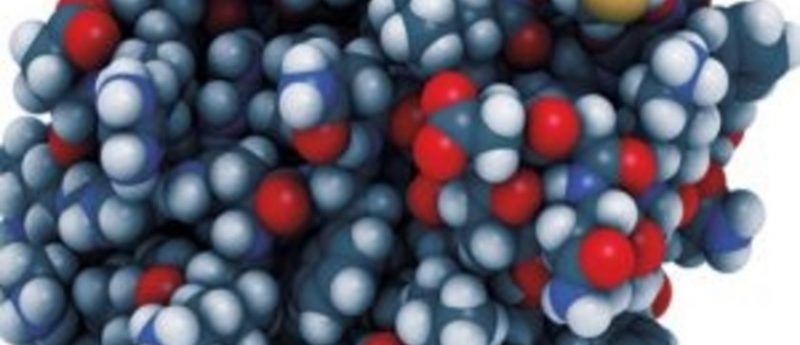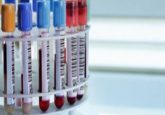Changeable influences of menopausal hormone therapy on breast cancer incidence highlighted

Following reports from the WHI clinical trial, followed by the Million Women study observation analysis, of increased risk of breast cancer being associated with the use of estrogen plus progesti , menopausal hormone therapy use (both estrogen and progestin, and estrogen only) reduced dramatically. However, in the WHI trials, although estrogen plus progestin raised incidence of breast cancer and breast cancer deaths, the use of estrogen only in women who had undergone prior hysterectomy significantly reduced incidence of breast cancer and related deaths, raising questions about the short- and long-term post-intervention effects on breast cancer of both regimens.
Recently, in a study published in Jama Oncology, Rowan T Chlebowski (Los Angeles Biomedical Research Institute at Harbor-UCLA Medical Center, USA) and coauthors looked at the early and late post-intervention effects on breast cancer in the two WHI hormone therapy trials (median follow-up: 13 years).
In total, 16,608 women with a uterus received either estrogen plus progestin or placebo (median intervention of 5.6 years), and 10,739 women who had undergone prior hysterectomy received either estrogen alone or placebo (median intervention of 7.2 years).
According to Chlebowski’s study, the increased risk of breast cancer seen during the intervention in those receiving estrogen plus progestin was followed by a notable reduction in risk in the early post-intervention period when hormone therapy was discontinued (within 2.75 years from intervention); however, a sustained higher risk of breast cancer remained during the late post-intervention years following the cessation of therapy.
Meanwhile, the reduced risk of breast cancer seen during the intervention in the estrogen-alone trial lasted through the early post-intervention phase but was no longer seen at post-intervention follow-up.
“The ongoing influences on breast cancer after stopping hormone therapy in the WHI trials require recalibration of breast cancer risk and benefit calculation for both regimens, with greater adverse influence for estrogen and progestin use and somewhat greater benefit for use of estrogen alone,” the study concluded.
In a related editorial, Rama Khokha of the Princess Margaret Cancer Centre (Toronto, Canada) and coauthors comment: “Emerging detailed analyses from the WHI trials such as that reported by Chlebowski et al reveal new compelling evidence for the significance of progesterone in breast cancer where it has traditionally taken a back seat to estrogen… Although the WHI trials relate to the menopausal setting, lessons learned from them continue to provide additional value in appreciating a potential role of progesterone even in premenopausal breast cancer. Furthermore, investigation into the cellular and mechanistic underpinnings of progesterone’s impact on the normal breast and breast cancer may provide new opportunities for knowledge translation and therapeutic intervention in breast cancer.”
Source: JAMA Press release



